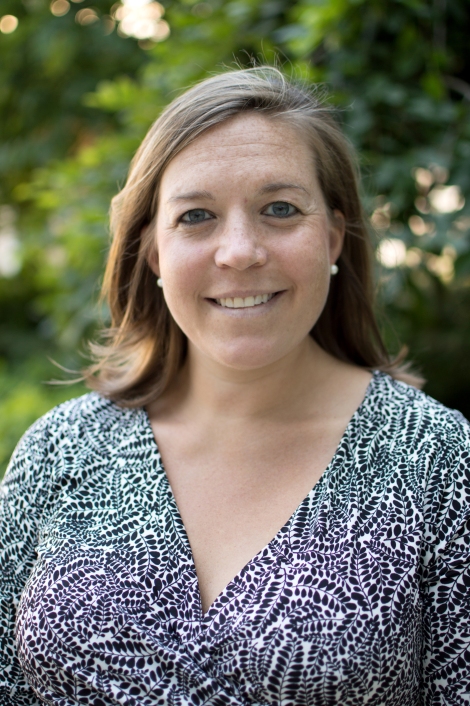BY: Tosha Smith, PhD
DATE: 20 September 2017
At the UNC Center of Excellence for Eating Disorders (CEED), our mission is to provide hope and healing for those with all eating disorders through science and evidence-based treatment. To accomplish this mission, we have a large staff of clinicians, researchers, and many who do both clinical work and research. This is the third of the “Meet the Team” series that we’ll be conducting throughout 2017 to introduce you to a few of the hardworking staff and faculty who help achieve CEED’s mission.
Next up in our “Meet the Team” series is Dr. Camden Matherne.

As an undergrad, Dr. Matherne began her training as a Psychology major at the University of North Carolina at Chapel Hill. From there, she worked as a Research Assistant in an eating disorders research lab at the Duke Center for Eating Disorders before earning a PhD in Medical & Clinical Psychology at the Uniformed Services University of the Health Sciences.
As a faculty member at CEED in the Department of Psychiatry at the UNC School of Medicine, Dr. Matherne divides her time between research and clinical practice. Her clinical and research expertise is in binge-eating behavior, especially in children and adolescents. She is also highly involved in research examining couple-based therapy for eating disorder recovery.
For this profile, I asked her a series of questions about her career path, and what advice she has for those of us who may want to work in the field of eating disorders.
- When did you first decide to study eating disorders?
I became interested in eating disorders as an undergrad—like most people, I have friends and family who have suffered from disordered eating or poor self-image. While working as an undergraduate research assistant in the couples therapy lab with Dr. Don Baucom, I became really interested in treatment outcome research—particularly in finding new treatments to help enhance outcomes and improve recovery rates. After undergrad, I spent a year working as a research assistant in Dr. Nancy Zucker’s eating disorder research lab at Duke, which is where I fell in love with research involving eating disorders, specifically in a younger population.
With Dr. Zucker’s guidance, I decided to go to graduate school with a specific interest in child and adolescent eating behaviors. So I joined Dr. Marian Tanofsky-Kraff’s Developmental Research Laboratory on Eating and Weight Behaviors at the Uniformed Services University, which was a great fit.
- What is your current role at CEED?
I currently divide my time between clinical work, trainee supervision, and research.
- What is your favorite thing about being an eating disorders clinician AND researcher?
If I were to do only clinical work or only research, I would probably burn out. Research is often slow-moving, but incredibly important, and working with people as they recover from an eating is deeply satisfying and very grounding for me; I love working with people. I find the combination of both clinical and research work to be energizing. I would not be nearly as satisfied doing just one or the other.
- What is the most challenging thing about being an eating disorders clinician?
Transitioning between research and clinical tasks can be challenging for me. It’s difficult to go from analyses or writing to giving your full attention to a patient, and vice versa. To minimize this, I try to batch my tasks—devoting entire days, if I can, to one type of work or the other.
- What advice/suggestions do you have for people who are training to be eating disorders therapists?
Practice what you preach and know your limits. In other words, take good care of yourself. I often feel tired at the end of a clinical day, because I really want to help people get better and lead fuller lives—and that requires full attention and energy. Aim to take on a patient load that you can handle joyfully, and take breaks when you need them. I also try to practice what I preach to my patients—compassionate self-talk!
- What advice/suggestions do you have for people who are training to be eating disorders researchers?
Learn work-life balance. In research, your work is never fully done—there is always something more to do—another paper to write, another funding opportunity to pursue, and more data to collect and analyze. It takes effort to learn how to put it down at night in order to be fully present in the other areas of your life.